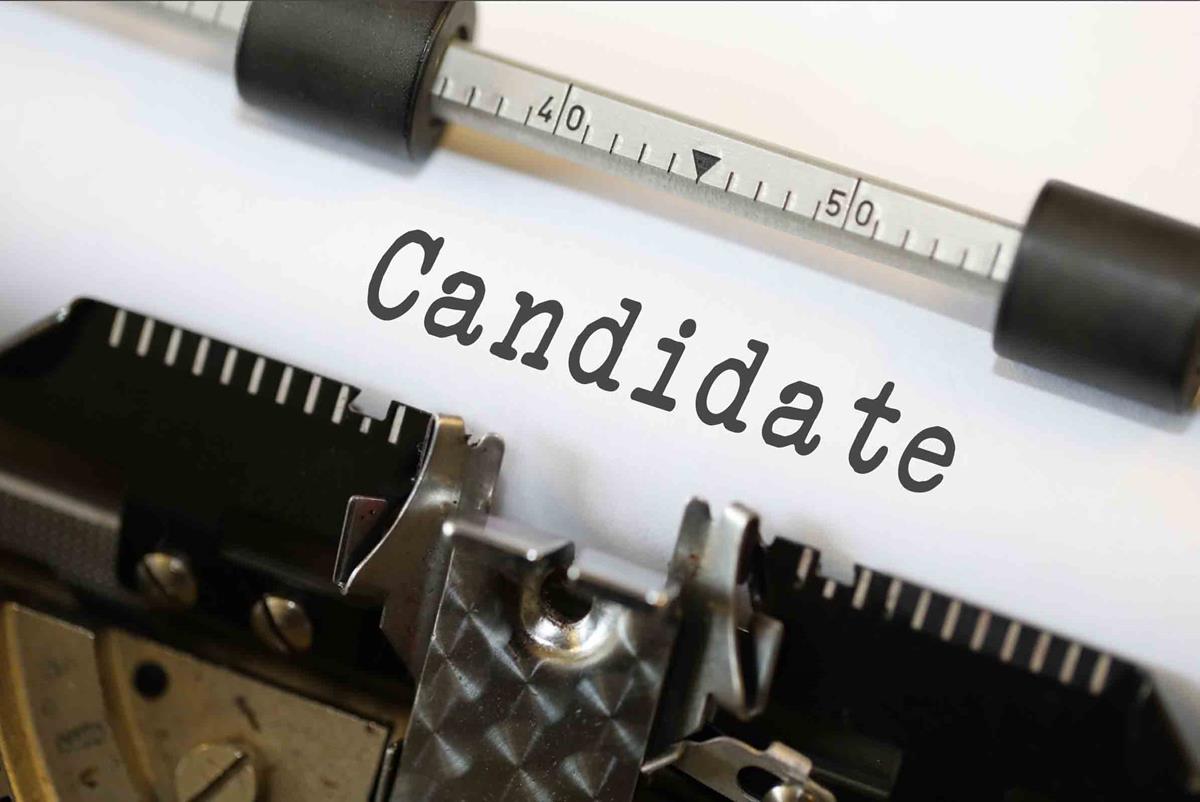________________________________________________________________________
As part of E-City Beat’s continuing effort to help our readers make informed decisions as voters, last month we sent questionnaires to all local legislative candidates in the upcoming general election informing them that we would publish their responses without editorial comment.
Here are the four questions we asked:
- What do you see as the top two issues facing Montana and Cascade County in the next 5 years and why are you the best candidate for the district you’re running in to tackle those issues?
- Identify at least one issue you see as an opportunity to work across party lines on and describe how you will do that to accomplish what’s best for your constituents.
- Why is Cascade County/Great Falls so far behind other Montana cities and counties in growth and economic development and what do you plan to do about it as a legislator?
- Do you think we need some form of a sales tax or other solution in Montana to help offset property taxes and why or why not?
Democrat Jasmine Krotkov and Republican Jeremy Trebas are the candidates in House District 25. Krotkov did not respond to our request.
________________________________________________________________________
 Jeremy Trebas
Jeremy Trebas
The top two issues facing Montana and Cascade County in the next 5 years (and the past couple decades) has been slow income growth and a lack of diversity in jobs and industries. In Cascade County especially we are relatively isolated geographically from larger markets and our largest industries and employers are government funded. To my knowledge, the three largest employers in Cascade County are Benefis Health System, Malmstrom Air Force Base, and the Great Falls Public School’s system. This provides stability in funding, in that government budgets are somewhat more isolated from economic storms, but it also means that as a community we don’t capture as much of the upswing in the good economic times. As I’ve said in other forums, this means we don’t have the boom and bust type cycles that places like Bozeman and Missoula have, which are both more tied in to the national economy due to their diversification of industries with the universities as their base.
On this front then, I feel I am the best candidate because I’ve been paying attention to and analyzing the local economy for about a decade, and am best informed as to what needs to be done generally. We need to support existing and new value producing industries, which export their goods and services to other locales, and subsequently bring new dollars and jobs into our area. There are opportunities for this in the agricultural, manufacturing, and professional services arenas here, due to efforts by organizations like the Great Falls Development Authority, local business owners, and others as individuals.
The best issue with the potential for the most impact on people’s everyday lives here in Montana is managing health insurance, healthcare, and pharmaceutical costs. There is much about this issue that is more in the federal government’s realm, but there are things we can do at the state level to work on affordability. In the last session for example we passed House Bill 233, titled, “Establish the Montana drug product selection act”, which is a long way to say that pharmacists may now choose to substitute a less expensive interchangeable biological product for a specific prescription. That one passed unanimously through the legislative process. We also passed House Bill 276, titled, “Revise reimbursement for pharmacies”. This one had a few dissenters but was largely bipartisan. It allows another simple but drastic change, which is to allow pharmacists to discuss reimbursement criteria with a patient, whereas they would have been under a gag order not to do so prior to passage of this bill. I’ll continue to support common sense bills that are good for the consumer, that give consumers more information and choice regarding their health decisions, so that they are able to be cost conscience in their health spending.
I’ve answered this one to some degree in answering question number one above. We are geographically isolated, and our largest employers are government funded entities. We need to diversity our economic base and support value added agriculture, manufacturing, and professional services industries. The more we create value and export out, that will lead to increased import of new dollars and job/wage growth. A large part of this will be recognizing our competitive strengths and weaknesses, and developing local businesses accordingly. One thing I can do as a legislator is to not let income, property, and things like gas taxes get out of hand. As a Republican, I support low and broad based taxes so that everyone pays a little, and no one pays a lot relative to their income.
A sales tax is a touchy issue in Montana. I’ve heard arguments for and against, but mostly against. The three main arguments I’ve heard are that people don’t trust politicians to enact a sales tax and subsequently lower property tax. They also like the simplicity of knowing what something is going to cost. The price is the price. Lastly I’ve heard some people say we should do it to lower property taxes, which would be fine, but if we do that it would have to be by a citizen’s ballot initiative in my opinion.
Thanks for reading,
Sincerely, Jeremy Trebas
________________________________________________________________________







